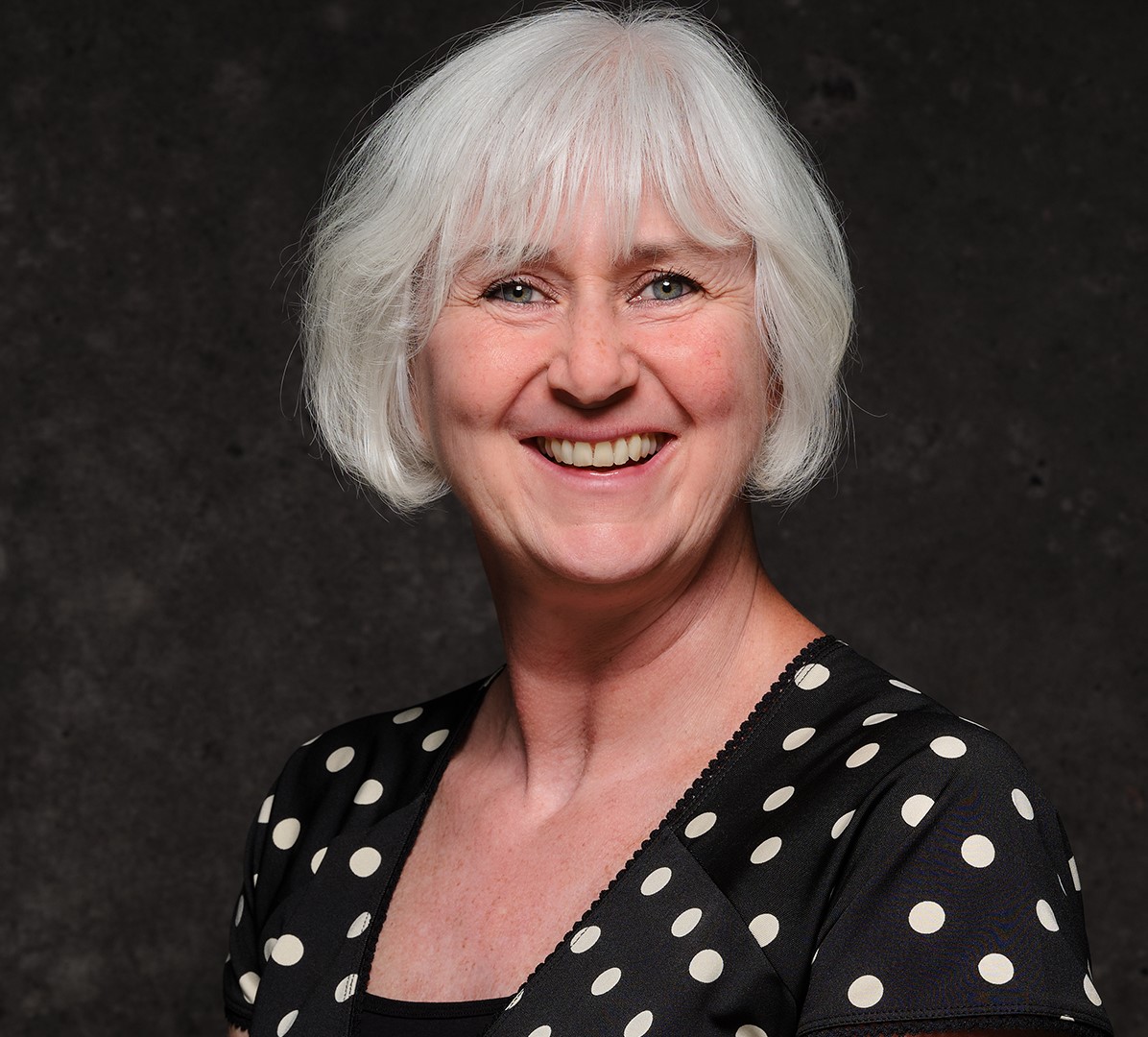Lezing Jeanette den Toonder♿
Over dit evenement
- Categorie
- Lezingen
- Organisator
- Bestuur 2022-2023
- Datum en tijd
- 9 mei 2023 20:00 - 21:30
- Locatie
- Forum
- Deelnemers
- 9 deelnemers

Lezing of Jeanette den Toonder
Cultural transfer and intercultural dialogue in two Francophone novels
The protagonists in Franco-Iranian author Chahdortt Djavann’s Comment peut-on être français? (206)
and Algerian writer Kamel Daoud’s Meursault, contre-enquête (2013) engage in a challenging
intercultural dialogue with the works of two well-known French authors.
In Djavann’s novel, Roxane, a young woman who migrated from Iran to France and lives an isolated
life in Paris, addresses, through a series of letters, the historical French figure Montesquieu. He was a
political philosopher of the eighteenth century and the author of the epistolary novel Lettres
persanes (1721), which presented the experiences of two Persian noblemen, Usbek and Rica,
travelling through France and commenting on French society and Parisian life in particular. The title
of Djavann’s novel is a reformulation of the question addressed to Rica in Lettres persanes:
“comment peut-on être persan?” The epistolary character of both books allows for an intercultural
dialogue bridging time and space, confronting eighteenth- and twenty-first-century France with each
other, and establishing historical and cultural comparisons between Persia then and Iran now.
Djavann’s female protagonist, living in Paris, and namesake of Usbek’s infidel wife in Montesquieu’s
novel, considers both France and Iran from an outsider perspective that involves the emergence of a
literary intercultural identity in Europe.
Meursault, contre-enquête is Kamel Daoud’s response to Albert Camus’s classic novel L’étranger
(1942), that gives a name to the anonymous Arab victim killed by Camus’s French Algerian
protagonist Meursault. His anonimity is lifted – his name is Moussa – through the voice of the
victim’s younger brother, Haroun. By elaborating on the effects of Meursault’s act and by
establishing a relationship between the narrator and his brother’s assassin, Meursault, contre-
enquête develops a reflection on Algeria’s complex past and establishes an intercultural dialogue in
which the separation between the Algerian experience and that of the French Algerian (pied-noir)
could be reduced. The convergent stories of two marginalised heroes, Meursault and Haroun, pays
homage to the image of the Other and Daoud’s cultural transfer of literary images and ideas creates
the possibility of a shared past.
In my talk, I will compare Roxane’s and Haroun’s outsiders’ perspectives and reflect on the ways in
which they allow for intercultural dialogues and a cultural transfer of experiences that are separate in
space and time, but can be connected in the fictional world.
Deelnemers
Je moet ingelogd zijn om alle deelnemers te zien




